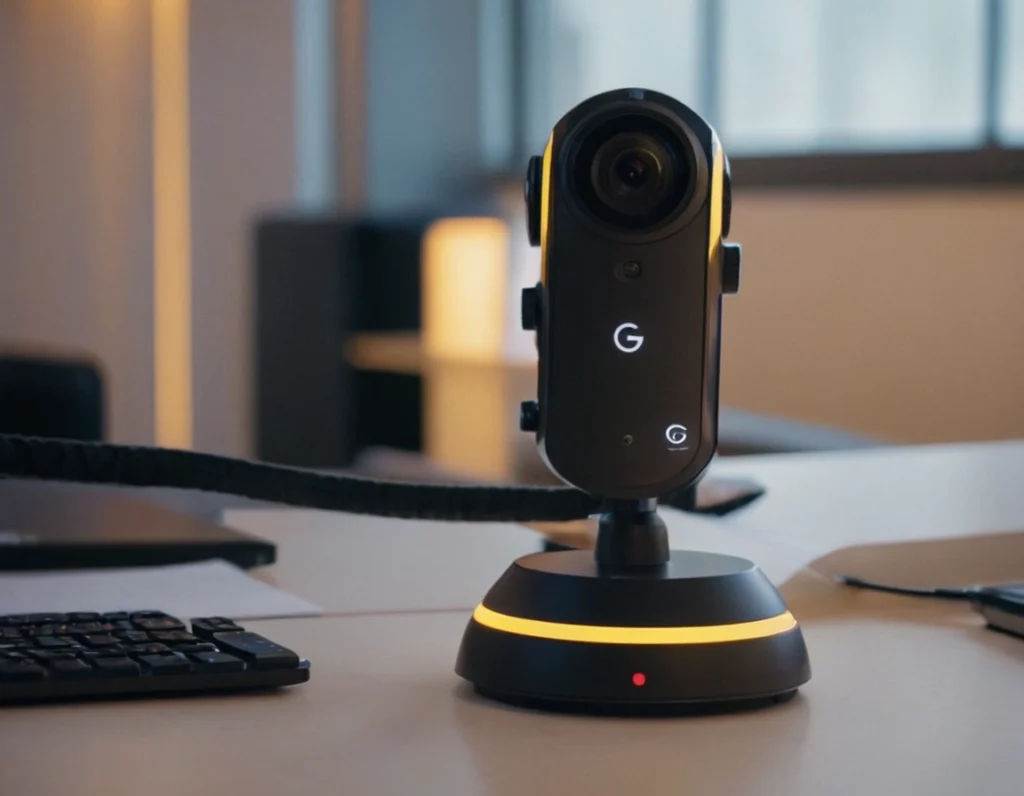Google Settles Lawsuit Over Alleged Tracking of Private Browsing
Google has agreed to settle a lawsuit alleging that it covertly tracked the internet activity of individuals who believed they were browsing privately. The terms of the settlement, filed in the Oakland, California federal court on Monday, await approval from U.S. District Judge Yvonne Gonzalez Rogers.
Although Google will pay no damages as part of the settlement, the agreement allows users to pursue individual lawsuits for damages. Lawyers representing the plaintiffs estimated the settlement’s value to be between $5 billion and $7.8 billion. The class action lawsuit, initiated in 2020, encompasses millions of Google users who utilized private browsing since June 1, 2016.
The plaintiffs argued that Google’s analytics, cookies, and applications enabled the Alphabet-owned company to improperly monitor individuals who activated “Incognito” mode in Google’s Chrome browser or engaged in “private” browsing on other browsers. This practice allegedly transformed Google into an “unaccountable trove of information,” allowing it to gather insights into users’ social circles, preferences, online activities, and even their most private searches.

As part of the settlement, Google will update its disclosures regarding data collection during “private” browsing sessions, a process that has already commenced. Additionally, the company will allow users in Incognito mode to block third-party cookies for a period of five years. This move aims to reduce the amount of data collected from users’ private browsing sessions and decrease Google’s profitability from such data.
Google spokesperson Jose Castaneda expressed satisfaction with the settlement, which the company consistently deemed baseless. Castaneda reiterated Google’s stance that data collected during Incognito mode usage is not associated with individual users and is not utilized for personalization purposes. He affirmed the company’s commitment to delete outdated technical data that was never linked to specific individuals.
David Boies, a lawyer representing the plaintiffs, hailed the settlement as a landmark development in holding dominant technology firms accountable for their actions. The agreement follows a preliminary settlement reached in December, which prevented a scheduled trial in February 2024. The plaintiffs’ legal team intends to seek unspecified legal fees from Google at a later stage.
Conclusion:
Settlement Agreement: Google has agreed to settle a lawsuit alleging clandestine tracking of internet activity during private browsing sessions.
Terms of Settlement: Filed in the Oakland, California federal court, the settlement awaits approval from U.S. District Judge Yvonne Gonzalez Rogers.
No Damages Paid: While Google will not pay damages under the settlement, individual users retain the option to pursue lawsuits for damages.
Estimated Value: Lawyers representing plaintiffs estimate the settlement’s value between $5 billion and $7.8 billion.
Class Action Lawsuit: Initiated in 2020, the lawsuit covers millions of Google users who utilized private browsing since June 1, 2016.
Allegations: Users claimed Google’s analytics, cookies, and applications allowed it to improperly monitor individuals using “Incognito” or “private” browsing modes.
Privacy Concerns: Plaintiffs argued that Google’s practices transformed it into an “unaccountable trove of information,” compromising users’ privacy.
Settlement Terms: Google will update disclosures on data collection during private browsing and allow Incognito mode users to block third-party cookies for five years.
Reducing Data Collection: The settlement aims to reduce data collected during private browsing sessions and diminish Google’s profitability from such data.
Google’s Response: Google expressed satisfaction with the settlement, maintaining that data collected during Incognito mode is not linked to individual users and is not used for personalization.
Legal Implications: Plaintiffs’ lawyer hailed the settlement as a step toward holding dominant tech companies accountable, with plans to seek unspecified legal fees from Google.
Preventing Trial: The settlement follows a preliminary agreement reached in December, averting a scheduled trial in February 2024.
In summary, the settlement addresses privacy concerns surrounding Google’s data collection practices during private browsing, aiming to enhance transparency and accountability while providing recourse for affected users.




